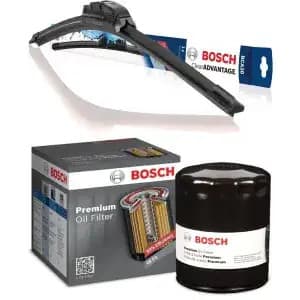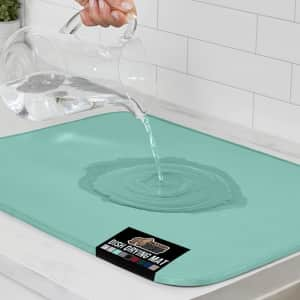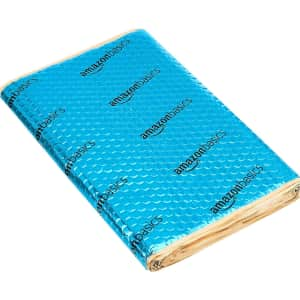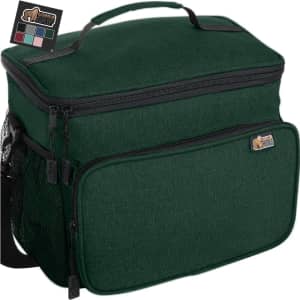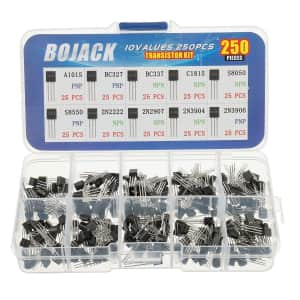
In this Amazon Haul section you can get deals on a selection of electronics and gadgets, with everything priced $17 or less. We've actually found a lot of items for under $10. Shipping is free on Amazon Haul orders of $25 or more. Buy Now at Amazon
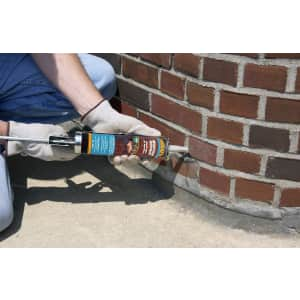
This is at least $10 elsewhere. Pad your order above $35, or opt for in-store pickup where available, to dodge the delivery fees. Buy Now at Lowe's

Clip the coupon to drop these seeds to the best price that Amazon has charged. It's also a great deal for this quantity of seeds in general. Buy Now at Amazon

That's $49 off and a nice deal on a grid of this size. Buy Now at Lowe's
- holds 1,885-lbs. per square inch when cells are filled
- 38" x 16" x 3" per cell

Save on a nice variety of open-box items here, with discounts of as much as 70% off available. Further details will be available on product pages. Buy Now at Best Buy

That's $6 off and the lowest price we could find. Buy Now at Lowe's

Most charge over $70 for a Calvin Klein men's jacket. Buy Now at Amazon
- Customizable jacket and pant sizing
- Made with comfortable wool fabric
- Slim fit with modern tapered legs
- Designed for a low-rise fit

RM Gold NYC offers the RMZ GOLD NYC 18K Gold Flat Mariner Link Anklet for $12 (reduced from $199.99) via coupon code "DN15" with free shipping. Buy Now at RM Gold NYC
- 10" length

That's a savings of $10. Buy Now at Amazon

Apply coupon code "U73VBB3M" for a savings of $4. Buy Now at Amazon
- Holds up to 10 hats
- Two mounting options available
- Space-saving vertical design
- Supports hats on smooth or rough surfaces
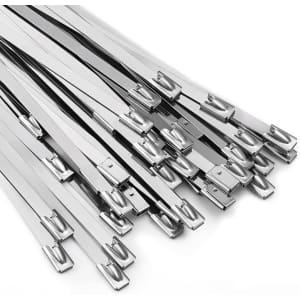
It's the lowest price it's been listed at and they're handy for harsh environments, engines, exhausts, and more. Buy Now at Amazon
- 198 lbs. of strength
- Designed for machinery, vehicles, gardens, farms, cables, pipes, roofs, basements and more.

That's $6 off and a low price for a wooden animal carving night light like this doggy one. Buy Now at Woot! An Amazon Company

It's the best deal Amazon has offered for this key chain. Buy Now at Amazon
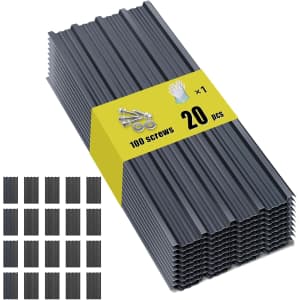
Save $44.60 compared to the list price on these DIY-friendly metal roofing panels, which are perfect for various weather conditions and come with necessary installation accessories. It's the lowest price ever at Amazon for this set. Buy Now at Amazon
- 20 corrugated metal panels
- High-quality galvanized steel
- Weatherproof and corrosion-resistant
- Includes 100 screws and gloves
- Dimensions are 42.52 x 16.77 inches

Clip the coupon to drop this 2-pack to the lowest price that Amazon has charged. Buy Now at Amazon
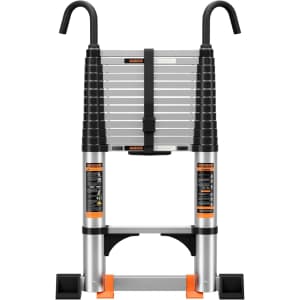
Apply coupon code "KEJCUX7M" for a savings of $46. Buy Now at Amazon
- Quick retract function
- 330 lbs weight capacity
- Includes stabilizer bar
- Easy to carry and store
- Comes with non-slip feet

Birdfy Smart Bird Feeder is now 50% off on Amazon. NETVUE INC is offering it for $74.99 (reduced from $149.99) via coupon code "LW3E2G92", with free shipping. Featuring 1080p HD resolution and color night vision, you can enjoy crystal-clear bird videos directly on your phone, even in low-light conditions. Buy Now at Amazon
- 1080p live stream camera
- 2.4GHz Wi-Fi connection
- 50-oz. food capacity
- Weatherproof design
- AI identifies 6,000 bird species
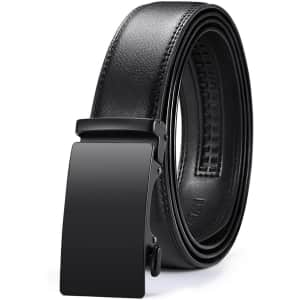
It's the best price that Amazon has charged for this belt. Buy Now at Amazon
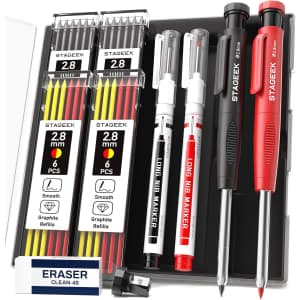
Apply coupon code "SX4GE926" for a savings of $4. Buy Now at Amazon
- Includes 26 refills in 3 colors
- 2pcs long nib marker pens
- Built-in sharpener and 4B eraser
- Ergonomic grip for comfort
- High-strength, durable design

This is the lowest price we've ever seen on a super-popular jacket. Star Rewards members receive free shipping on orders over $25 (it's free to join). Non-members can pay $10.95 or get free shipping on orders over $49. Pickup is available on most orders, too. Buy Now at Macy's

Save on utensils, small appliances, coffee makers, food storage and more. We've pictured this Instant Slim 6-Quart Air Fryer Oven for $89.99 (it's $120 on Amazon today.) Buy Now at Woot! An Amazon Company
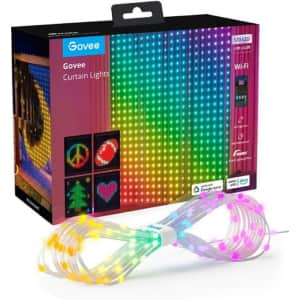
Use promo code "VIPOUTLET26NEWY" to beat what other stores charge by at least $32. Buy Now at eBay

It's the best deal we've seen for this 4-pack. Buy Now at Amazon

This Wave Season cruise deal scores a free balcony upgrade, $25 deposit, and up to $200 shore excursion credit. This 1-way northbound cruise departs from Vancouver, Canada, on June 28 and includes scenic cruising through the Inside Passage, Glacier Bay, and College Fjord, alongside stops in Juneau and Skagway, Alaska. Book this travel deal by January 12.
Satisfy your wanderlust - and your wallet - by taking a look at all our top travel deals. Buy Now at ShermansTravel

FitVille offers the FitVille Men's LugMax V3 Low-Top Outdoor Slip-On Hiking Shoes for $27.99 (reduced from $78) via coupon code "LM64" with free shipping. Buy Now at FitVille
- extra wide toe box
- 4 point stability
- 5mm rubber lugs
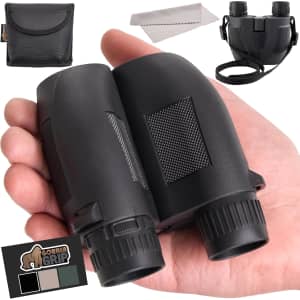
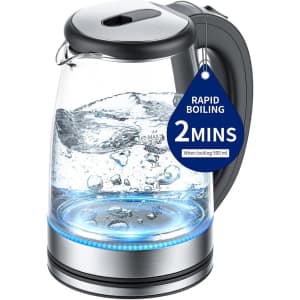
It's the best price that Amazon has charged for this kettle and a great deal for an electric kettle of this size in general. Buy Now at Amazon
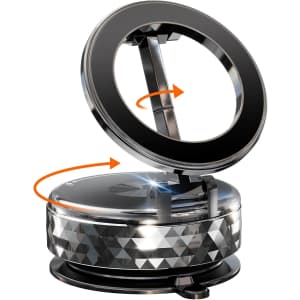
Apply coupon code "DAD8C7F2" for a savings of $20. Buy Now at Amazon
- Vacuum suction for stability
- All-metal durable construction
- 360° adjustable rotation
- Strong magnets for all phones
- Includes magnetic ring for non-magnetic phones

Clip the $400 coupon on the product page to get this deal. It's $100 under our mention from last week, a savings of $400 of list, and the lowest price we've seen. Buy Now at Amazon
- 13.2x21x8 ft large size
- Includes four windows
- Double hinged door access
- Galvanized steel construction
- Acts as storage and carport
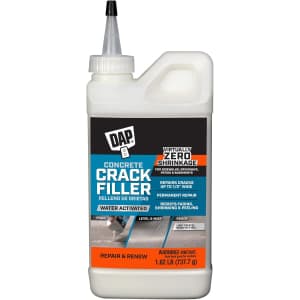
It's the best price we could find by $2. Buy Now at Amazon

It's a great deal for two light strings of this length. Buy Now at Amazon

That's a buck off. You'll need to choose pickup to dodge the delivery fees. Buy Now at Lowe's
- measures 5/8" x 5-1/2" x 6-ft

That's $20 below our mention from three weeks ago and the lowest price it's been at Amazon. Buy Now at Amazon
- Intel Celeron N4500 CPU
- 4GB RAM; 64GB storage
- up to 12 hour battery life
- Chrome OS
- Model: XE340XDA-KA2US
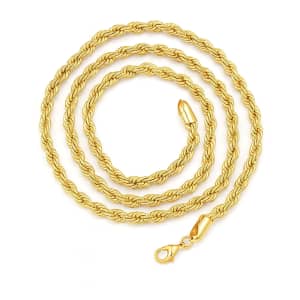
RM Gold NYC offers the Italian 14K White Gold Filled High Polish Rope Chain for $12 (reduced from $100) via coupon code "DN10" with free shipping. Buy Now at RM Gold NYC
- Secure lobster clasp closure
- Tarnish resistant

Apply coupon code "USF19" for a savings of $102. Buy Now at Usportsjournal


That's a 36% savings and the best-ever price at Amazon. Available at this price in Grey. Buy Now at Amazon

Apply coupon code "4XVEOL7K" for a savings of $23. Buy Now at Amazon
- 1,100-lumens
- detachable 5-head design
- motion sensor up to 30-ft. within 180° range
- IP65 waterproof
- Model: G-S1300
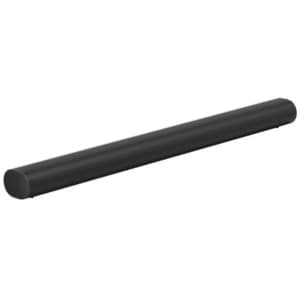
It's the best deal we could find by $219. A 1-year Sonos warranty is included. Buy Now at Woot! An Amazon Company

Get deals on a selection of new and refurb laptops, with everything priced at $499.99 or less. Each refurb includes a 90-day Woot warranty. Buy Now at Woot! An Amazon Company
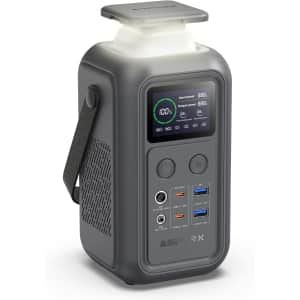
Clip the coupon to drop it to the lowest price that Amazon has charged. Buy Now at Amazon

It's the best deal we've seen for this model in any condition. It inlcudes a 1-year Allstate warranty. Buy Now at eBay

RM Gold NYC offers the RMZ Gold NYC Sterling Silver 2-TCW Genuine Tanzanite Oval Stud Earrings for $14 (reduced from $249) via coupon code "DN11" with free shipping. Buy Now at RM Gold NYC
- Oval stone cut
- Butterfly backings
How Much Can I Save on the Hottest Deals?
The average savings can vary wildly day by day, but we regularly see discounts of anywhere from 15% to 96% off. The biggest discounts usually pop up for holidays, such as these Early Prime Day Deals. Thanks to coupon codes giving extra discounts, we'll regularly see shoes and apparel from the biggest brands like Nike, adidas, and New Balance at over 50% off. If you're looking for tools or home improvement, we see deals from stores like Home Depot and Lowe's that take up to 70% off. Plus, if something's at its best-ever price, or close to it, or is just something we think is extra neat, you'll probably find it on our Staff Picks page.
How Often Are the Hottest Deals Updated?
Around the clock! An international team of highly-trained deal jockeys is constantly scouring Amazon, Walmart, Best Buy, Target, and any other store you care to name, seeking out the latest and greatest deals for you to peruse. From daily deals and doorbusters to niche finds and off-the-wall offers, our pages are always being updated with something new and interesting and discounted.


